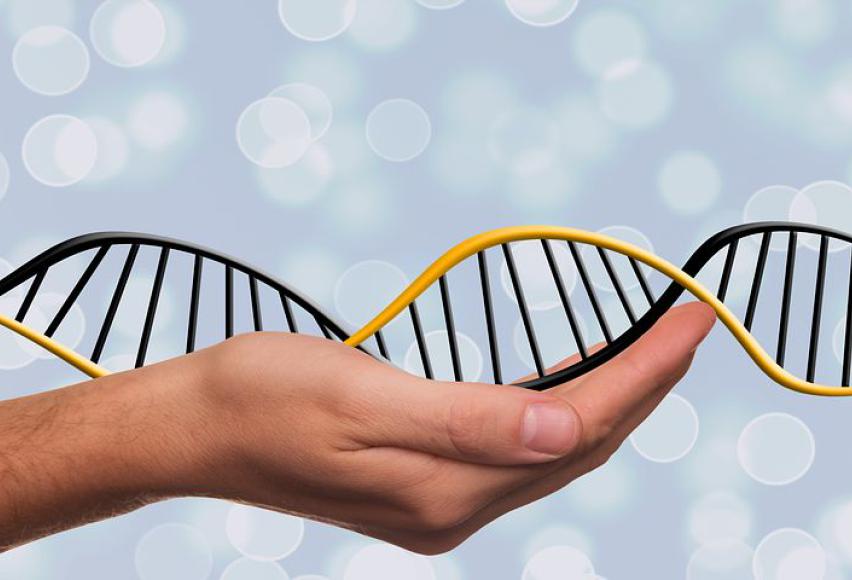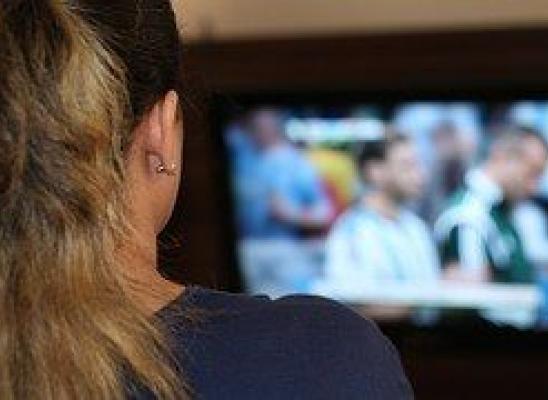A trich-y Case

Online test
Find out the severity of your symptoms with this free online test
 A report published in the Anatolian Journal of Psychiatry in October 2018, presented a case of trichotillomania that manifested during posttraumatic stress disorder suggesting a possible genetic link between the two.
A report published in the Anatolian Journal of Psychiatry in October 2018, presented a case of trichotillomania that manifested during posttraumatic stress disorder suggesting a possible genetic link between the two.
The patient came to the attention of researchers when he presented to an emergency psychiatric clinic for anxiety, depression, irritability, aggression, and pulling out his hair from various parts of his body. At 20 years old, this young man never showed signs of previous trichotillomania or mental illness. However, his best friend died in a car accident the previous year and viewing his friend's damaged body contributed to the development of PTSD. His anxiety, nightmares, emotional stress and hair pulling all started after viewing his deceased friend.
To help the young man, the physicians prescribed fluoxetine and risperidone. Fluoxetine is more commonly known as Prozac and is a selective serotonin reuptake inhibitor used to treat depression, obsessive-compulsive disorder, and panic disorder. Risperidone is also known as Risperdal and is an antipsychotic drug used to treat bipolar disorder, schizophrenia, and some symptoms of autism. After one month of pharmacologic treatment, the patient’s symptoms improved and after two months completely resolved, including the hairpulling behaviors.
As dramatic as this young man’s recovery was, the researchers considered the mechanisms of PTSD and hairpulling. First, not everyone who experiences a traumatic event develops PTSD, and previous research indicates that PTSD development is partially genetic. Multiple studies have searched for and identified several potential gene clusters that may be responsible including the 5-HT2A gene which mediates impulse control deficits. The 5-HT2A gene is part of the serotonergic system and malfunctions of this system, particularly, high levels of 5-HT2A receptors, are associated with depression, suicide, and other psychological disorders. If trichotillomania is an impulse control disorder, it would also present if the serotonergic system was impaired.
Another clue that supports the connection of PTSD and trich via the 5-HT2A gene is risperidone. Before presenting to the psychiatric clinic where the researchers worked, the patient went to an outpatient clinic where he was prescribed fluoxetine with no effect. Once the researchers added risperidone, the patient’s symptoms went away. Risperidone binds with 5-HT2A receptors thereby preventing a person from experiencing too much serotonin. The drastic recovery indicates that PTSD and trichotillomania may be disorders of serotonin and 5-HT2A impairment.
While this is only one case study and cannot be generalized to trichotillomania overall, it does offer some interesting research questions. Thus far there is no medication FDA approved to treat trichotillomania. Whether this patient truly had trichotillomania or if the hairpulling was just an impulse control malfunction related to the PTSD is debatable, yet when prescribed the strong serotonin-blocking risperidone, the impulse control malfunction and the PTSD symptoms disappeared. Whether they are genetically related or not, perhaps this case will inspire further research on the use of risperidone to treat trich.
Reference
Aytac, H. M., Berkol, T. D., Ozarslan, Z. & Aydin, N. (2018). A common possible genetic etiology in trichotillomania and posttraumatic stress disorder comorbidity: A case report. Anatolian Journal of Psychiatry, 19. https://www.researchgate.net/publication/328433238_A_common_possible_genetic_etiology_in_trichotillomania_and_posttraumatic_stress_disorder_comorbidity_a_case_report
Online test
Find out the severity of your symptoms with this free online test
Start your journey with TrichStop
Take control of your life and find freedom from hair pulling through professional therapy and evidence-based behavioral techniques.
Start Now



